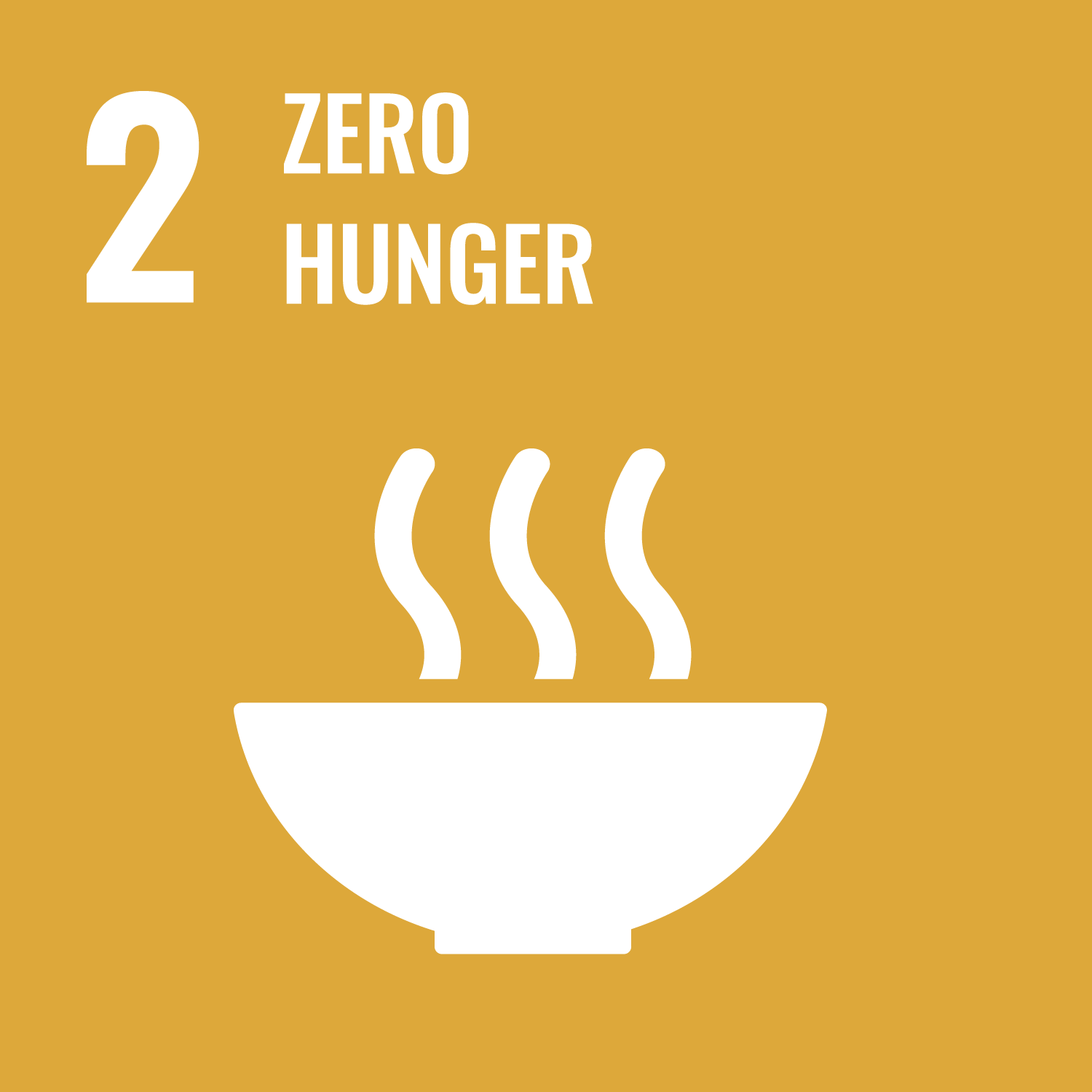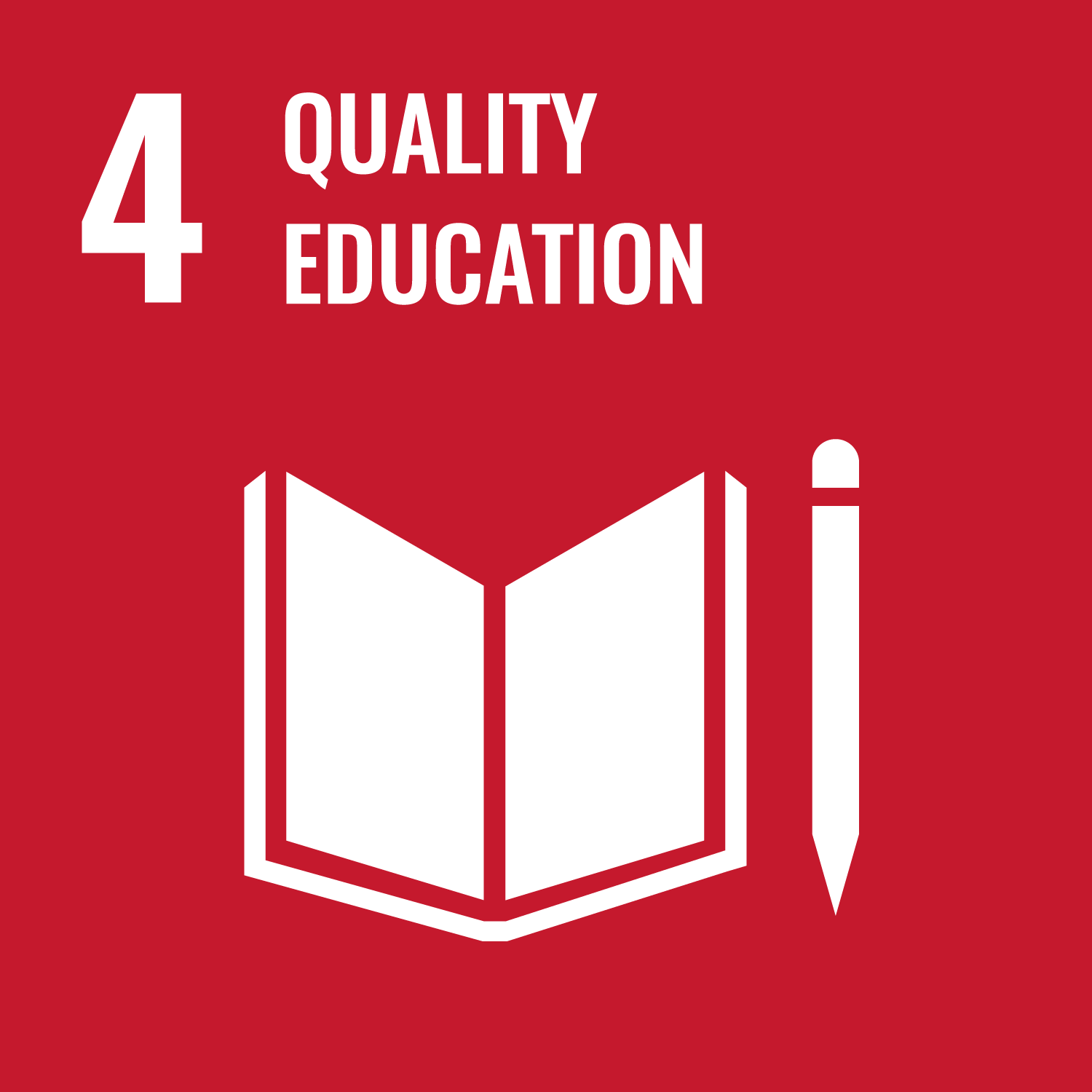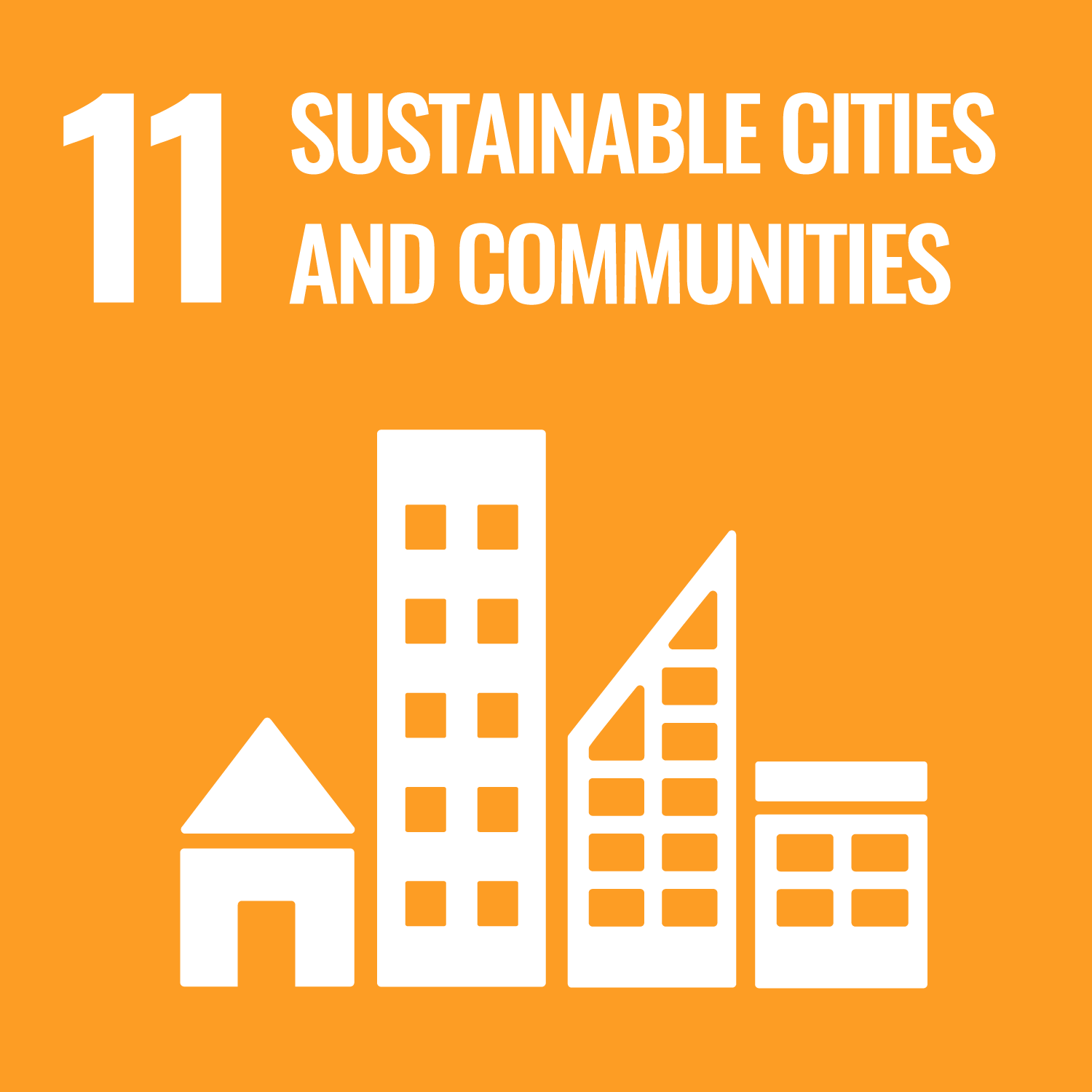Schools as Fields! Activities to connect local traditional vegetables and food culture to the future
Pedagogy・Faculty of Education training area
RYUNO Miyo/TOMINAGA Yoshihiro/HAMAKAWA Mutsufumi/NAKANO Hatsunori
Background and objectives of activities
Kagoshima Prefecture stretches 600 km from north to south and consists of the mainland and 28 inhabited islands. Each region has its own unique traditional vegetables, which have contributed greatly to the cultivation of local culture through the lives of local residents and the development of local people. However, these traditional vegetables are disappearing one after another due to the postwar era, when commercial varieties were bred with an emphasis on economic efficiency, and the number of producers has decreased dramatically due to the declining birthrate and aging population, as well as the disappearance of villages. This research aims to preserve, conserve, and hand down these diverse and valuable genetic resources, and to protect and connect traditional local cultures and lifestyles to the future without losing them by utilizing them in practical dietary education programs.

Summary of Activities
Excavation, research, collection, and preservation of traditional vegetables: Collect traditional vegetables remaining in the prefecture, elucidate their cultivation characteristics and evaluate their genetic resources, and analyze their historical and cultural backgrounds from a folkloric perspective, including event foods, recipes for traditional foods, and the roles they have played in the local community. Nutrition education program: A nutrition education program using traditional vegetables as learning materials with agronomic and folkloric considerations will be implemented at local educational institutions.

Expected Benefits
By implementing the nutrition education program in this study, students will not only deepen their understanding of local crops, but will also improve their food consciousness and deepen their attachment to the community through a sense of accomplishment and fulfillment. In addition, by involving local residents in the students' activities, it is possible to build a system of mutual support for both the local community and the school. By taking the lead in preserving and passing on the rich and diverse local food culture to future generations, schools can be expected to have many positive effects, including the promotion of local industries and the revitalization of the community.
















